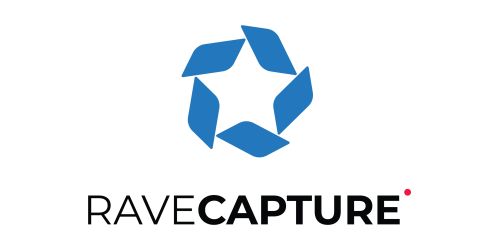Trustico® Online Security Blog
Say informed with the latest SSL Certificate news, security updates, and industry insights. Our articles cover everything from SSL Certificate management best practices to emerging cybersecurity trends and industry news.

How to Find Your SSL Certificate Private Key
Private keys are generated simultaneously when you create a Certificate Signing Request (CSR) for your Trustico® SSL Certificate. This process creates a mathematically linked pair consisting of a public key...
How to Find Your SSL Certificate Private Key
Private keys are generated simultaneously when you create a Certificate Signing Request (CSR) for your Trustico® SSL Certificate. This process creates a mathematically linked pair consisting of a public key...

How To Stop “Secure And Nonsecure Items” Warnin...
Mixed content warnings occur when a secure Hypertext Transfer Protocol Secure (HTTPS) page includes elements loaded over unsecured Hypertext Transfer Protocol (HTTP) connections.
How To Stop “Secure And Nonsecure Items” Warnin...
Mixed content warnings occur when a secure Hypertext Transfer Protocol Secure (HTTPS) page includes elements loaded over unsecured Hypertext Transfer Protocol (HTTP) connections.

How to Secure API Endpoints with Transport Laye...
Understanding how to properly implement SSL Certificates for API endpoint protection helps organizations build robust security architectures.
How to Secure API Endpoints with Transport Laye...
Understanding how to properly implement SSL Certificates for API endpoint protection helps organizations build robust security architectures.

Understanding Application-Layer Protocol Negoti...
Application-Layer Protocol Negotiation (ALPN) is the Transport Layer Security (TLS) extension that makes this protocol selection possible during the SSL/TLS handshake.
Understanding Application-Layer Protocol Negoti...
Application-Layer Protocol Negotiation (ALPN) is the Transport Layer Security (TLS) extension that makes this protocol selection possible during the SSL/TLS handshake.

Can You Get SSL Certificates for Internal IP Ad...
Public Certificate Authorities (CAs) operate under strict industry regulations that prohibit issuing SSL Certificates for private IP address ranges and internal hostnames.
Can You Get SSL Certificates for Internal IP Ad...
Public Certificate Authorities (CAs) operate under strict industry regulations that prohibit issuing SSL Certificates for private IP address ranges and internal hostnames.

Securing Your Online Store with SSL Certificates
Trustico® provides the SSL Certificate solutions that online retailers need to establish secure connections, protect customer data, and build the trust that drives conversions.
Securing Your Online Store with SSL Certificates
Trustico® provides the SSL Certificate solutions that online retailers need to establish secure connections, protect customer data, and build the trust that drives conversions.

Trustico® Monitoring Protects Your Search Ranki...
By detecting issues before search engines encounter them, Trustico® Monitoring maintains the consistent security signals that protect and enhance your SEO investment.
Trustico® Monitoring Protects Your Search Ranki...
By detecting issues before search engines encounter them, Trustico® Monitoring maintains the consistent security signals that protect and enhance your SEO investment.

Trustico® Monitoring : Automatic SSL Certificat...
Trustico® Monitoring is specifically designed to prevent SSL Certificate expiration through an intelligent, multi-tier alert system that gives your business the time and information needed to renew SSL Certificates before...
Trustico® Monitoring : Automatic SSL Certificat...
Trustico® Monitoring is specifically designed to prevent SSL Certificate expiration through an intelligent, multi-tier alert system that gives your business the time and information needed to renew SSL Certificates before...
Stay Updated - Our RSS Feed
There's never a reason to miss a post! Subscribe to our Atom/RSS feed and get instant notifications when we publish new articles about SSL Certificates, security updates, and news. Use your favorite RSS reader or news aggregator.



